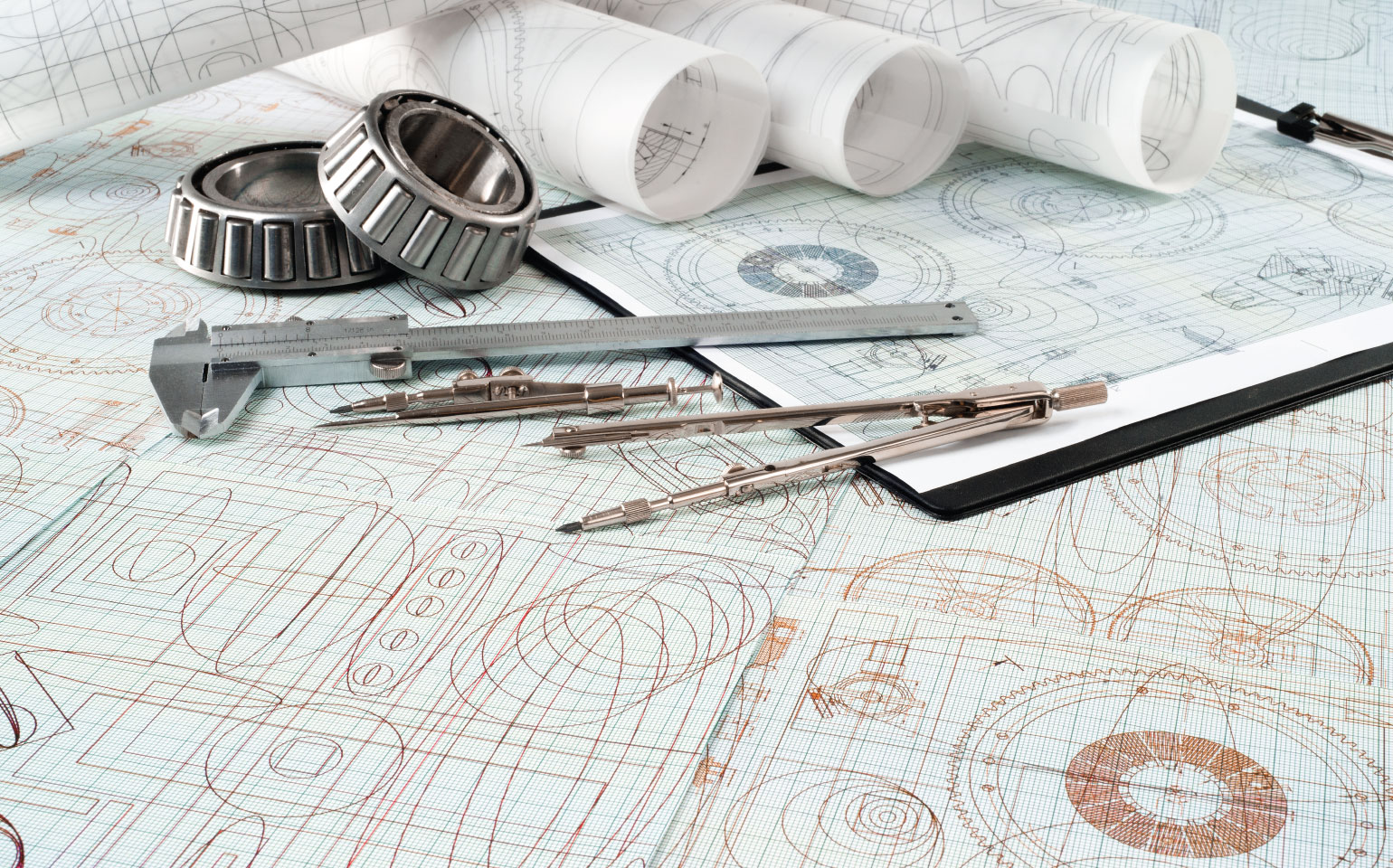Complex engineering doesn’t have to be a deal breaker. Maybe you think a new product that needs complex engineering is too much for your organization to take on. I don’t mean developing a whole new technology, creating a new material, or putting the first man on Mars. We are talking iPhone vs. antigravity boots.
I’m referring to products that require special design or manufacturing, need the development of new processes, or ones that include innovative materials or the use of new but proven technologies. Or it could be that the schedules just seem impossible.
The truth is any team can pull off a complex engineering project and roll out a game-changing product if three tenets are observed:
- Good Resources
- Good Communication
- Good Project Management
Good Resources include, but are not limited to, the team you choose. Often with a complex project you need to look beyond your organization and leverage other groups: vendors with specific manufacturing expertise, or design groups with focused product development knowledge. Additionally, colleges and universities with research interests that overlap the product’s features and goals can be a good resource. For example, I once partnered with a university research team exploring vibration and machine tool tuning in order to meet a very challenging noise reduction requirement. Finally, look for consultants and freelancers who can round out your team, and bring unique skills and experiences to the table.
Good Communication. This seems basic, but you’d be surprised by how often miscommunication causes breakdown on a project. That can be disastrous when there are big goals and tight timelines. It’s important that team members regularly communicate and that there are clear rules outlined for those communications. Use email templates to ensure digital communications contain the necessary information, and threads are easily searchable. Establish clear communication guidelines with vendors. Finally, foster an environment of trust and open communication, where there’s no such thing as bad ideas, dumb questions, or blame.
Good Project Management is vital to a complex engineering project. There are many ways to organize project management and many different styles, but the important things are to set clear expectations, defined timelines, and distinct goals. The entire team must agree to the purpose of the project and be clear on the individual and team expectations. If timelines are not detailed and maintained, it’s easy for the project to drift, and for expectations and goals to be undermined. Finally, at every stage of the project, team and individual goals, big and small, must be distinctly defined … and celebrated when met.
These three principles are not groundbreaking, but rather illustrate that there’s nothing magical in accomplishing a complex engineering project. You just need to be good at the basics, and align your organization with others who are good at their basics. At BOLTGROUP we often help organizations accomplish seemingly impossible engineering and product design projects by executing on these three proven concepts.
